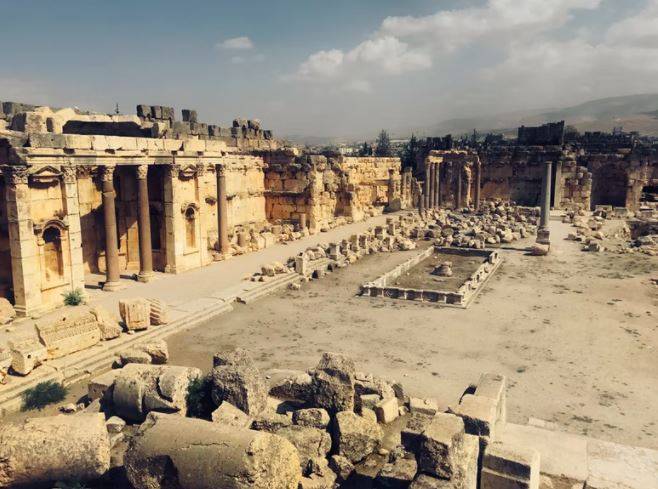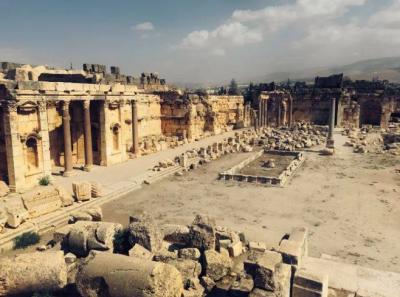Opposition forces are racing to attract the tribes and families in the Baalbek-Hermel Governorate in eastern Lebanon, in an attempt to garner their votes in the upcoming electoral race and secure votes that increase the electoral coefficients for the opposition lists facing the list of "Hezbollah" and its allies in the region.
Various forces opposing "Hezbollah" are trying to capitalize on the stumble the party is trying to overcome, specifically its nominations in the electoral district that did not include a range of tribes and families. The party has re-nominated figures it previously put forward in the last election cycle; these include MPs Hussein Al-Haj Hassan, Ihab Hamadeh, Ibrahim Al-Moussawi, and Ali Al-Muqaddad.
The list of the "Lebanese Forces" is seen as the most promising among the opposition lists in Baalbek-Hermel. According to polls, it still holds one and a half electoral coefficients, which it achieved in the 2018 elections in alliance with the "Future Movement" and the Shia opposition figure Yahya Shams, who served as a crucial balance by collecting 6,658 votes. These votes helped elect winners to the parliamentary session, namely MP Antoine Habshi for the Maronite seat and MP Bakar Al-Hajiri for the Sunni seat within the "Development and Dignity" list.
Conversely, Shams was unable to make any significant Shiite opposition in facing Hezbollah's list due to the complexities of the current proportional electoral law under which the current electoral battle will take place, despite his vote count being higher than that which enabled Bakar Al-Hajiri to reach parliament. The Shiite alliances on the list opposing Hezbollah form part of the list's leverage, but these alliances have not yet crystallized in terms of candidate names due to indecision regarding their options. Meanwhile, informed sources have stated that ongoing communications among the opposition are aimed at organizing lists with weight and the potential to achieve breakthroughs, noting concerns about Hezbollah's poor management of internal affairs.
The tribes in Baalbek-Hermel are distributed across regions and villages such as Boudai, Maqna, Al-Kanaisah, Hermel, Al-Hadath, Shaat, and Rihaya, in addition to the border villages inhabited by Lebanese on the Syrian side of the northern Bekaa.
Candidates from the tribes, most of whom are from this area, are looking to engage in their electoral battle within a single list based on the support of the tribes and families. They stand centrally between loyalty and opposition, holding both sides accountable for the deteriorating economic situation and the fight against corruption for all parties that participated in governance. Sources from the tribes stated to "Asharq Al-Awsat" that the major tribes and families "could win two seats if they unite and gather the non-loyal Shiite votes for Hezbollah and its allies."
Damar Al-Muqaddad, one of the candidates and a social activist, stated: "We consider ourselves the strongest and can offer our people what others have failed to provide," adding, "When the moment to make a decision comes, we all return to our roots and gather around each other alongside our tribes."
A list from the tribes is preparing to announce its participation in the electoral battle, consisting of Moudhat Zaaiter, Khaled Jaafar from the Lebanese border area, alongside Damar Al-Muqaddad, Youssef Shams, a candidate from the Nassereddine family, in addition to an active independent figure from the town of Arsal.
Conversely, most lists are looking to attract the tribes, including the "Lebanese Forces," which seeks to forge alliances with the tribes following its successful experience with the candidate and former MP Yahya Shams in the 2018 elections.




